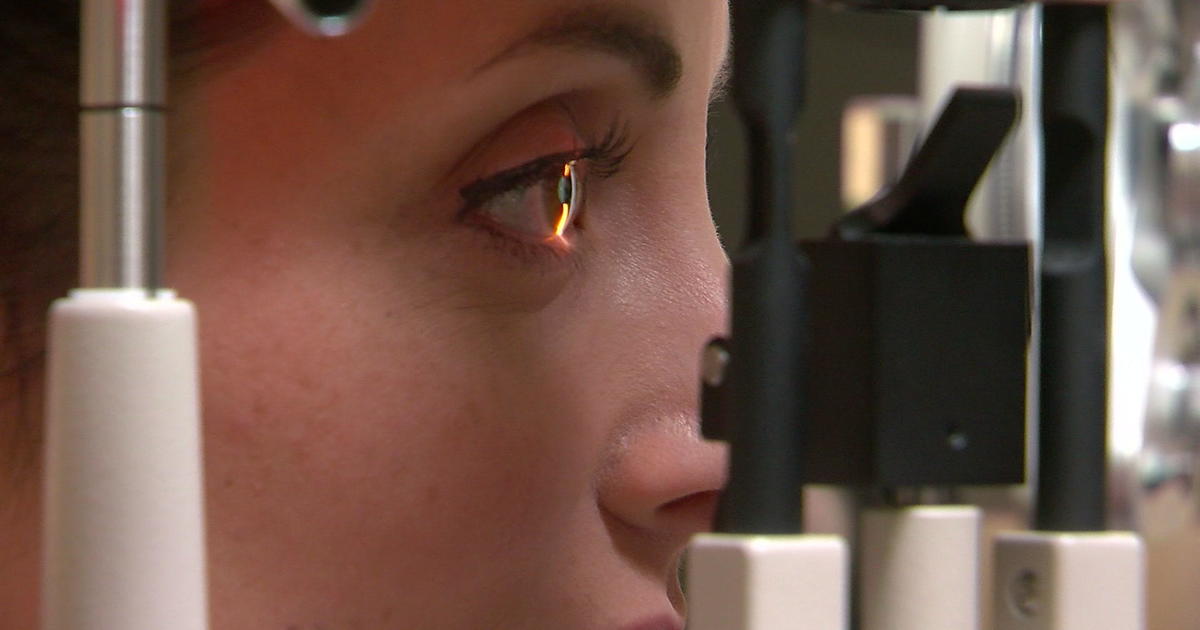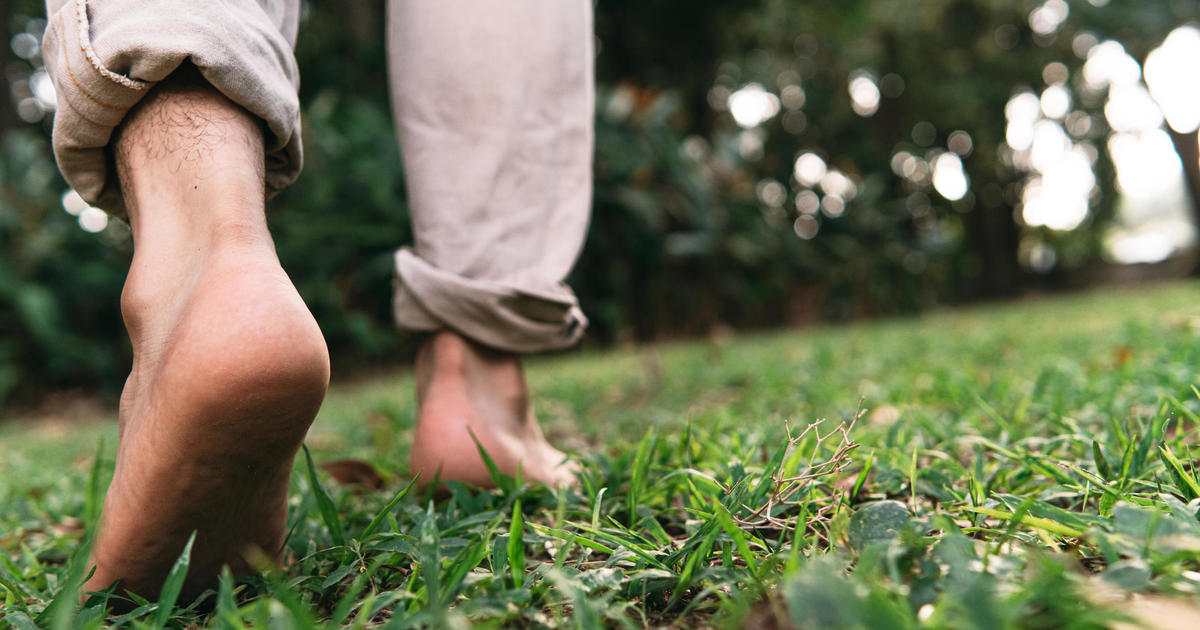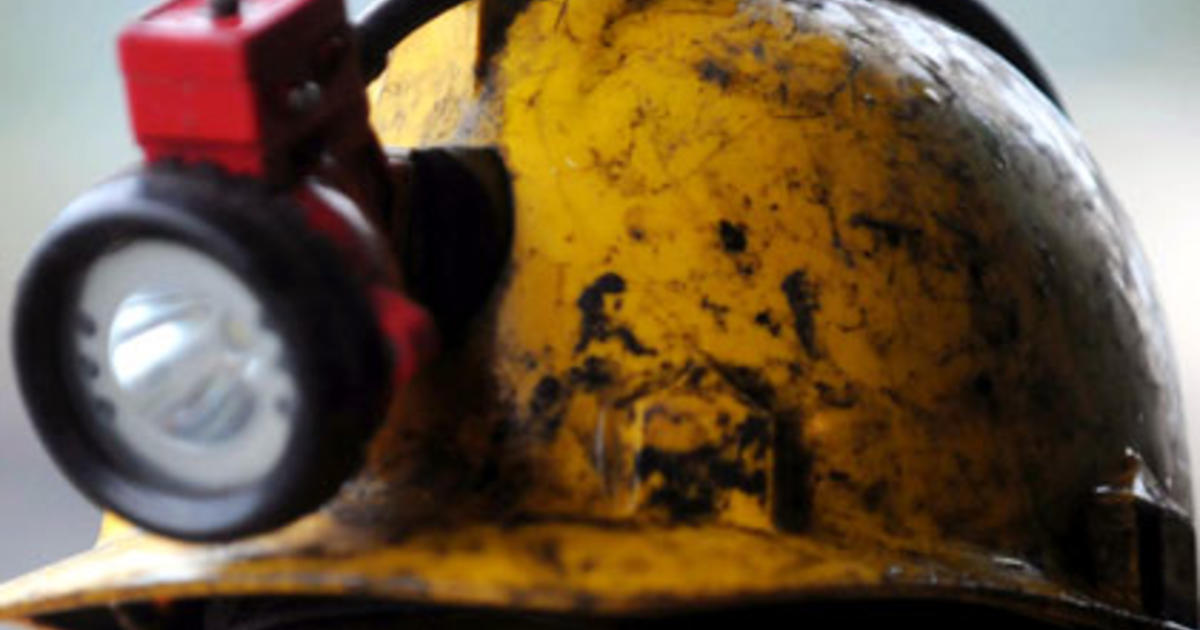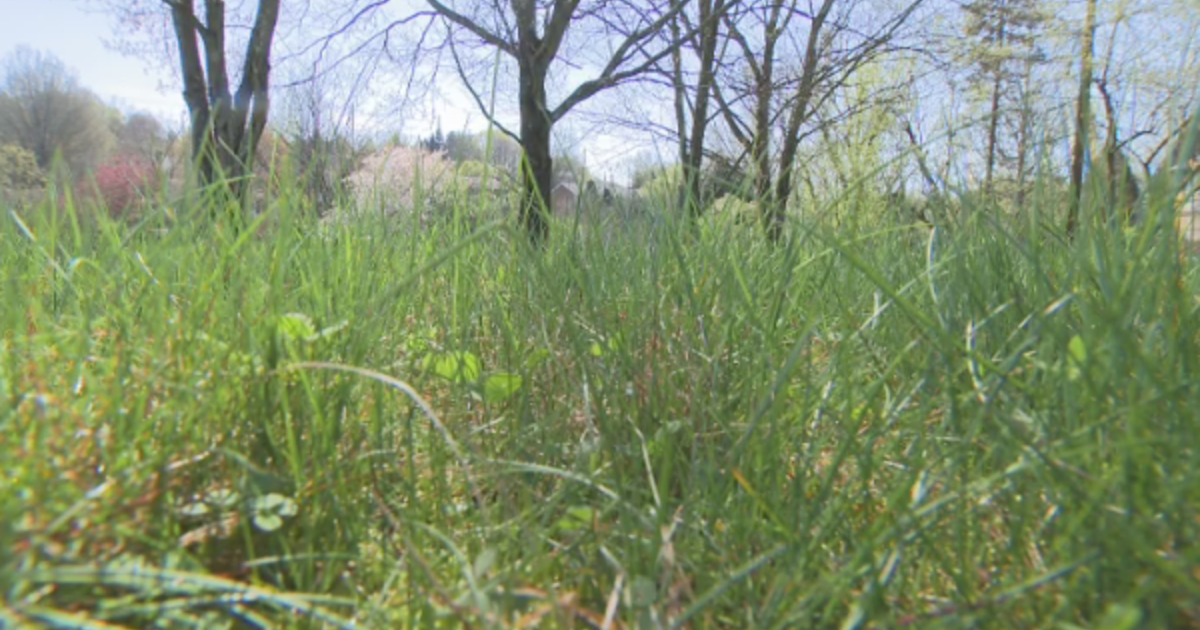The Noble Breathalyzer: Coming Soon To Your Doctor's Office

 The breathalyzer -- technically a brand name that, like Jello, Xerox, and Dumpster has gradually become genericized -- was invented in the early 20th century for police purposes. But scientists have recently discovered a new use for the device, one that could eliminate the need for costly medical exams.
The breathalyzer -- technically a brand name that, like Jello, Xerox, and Dumpster has gradually become genericized -- was invented in the early 20th century for police purposes. But scientists have recently discovered a new use for the device, one that could eliminate the need for costly medical exams.
The first breathalyzer for motorists was called the "drunkometer", and it was patented in 1936. Since that time, it's since become a common piece of equipment in the arsenal of law enforcers. But as researchers have learned, the same chemical reactions that reveal how much you've been drinking can also show whether you suffer from cancer, diabetes, or other ailments.
Professor Perena Gouma is a leading proponent of using breathalyzers for medical purposes. As the director of Stony Brook University’s Center for Nanomaterials and Sensor Development, he's conducted countless hours of research on patients using the devices: "We have over 300 different gases in our breath, and we know some of them to be markers of disease."
The only thing standing between Gouma and the use of breathalyzers in medical facilities is the fact that the science behind the breathalyzer's analysis isn't fully understood. In other words, we know that the breathalyzer can identify patients with cancer, but we don't fully understand which gas or gases in our breath are linked to the disease. Nevertheless, it's hard to argue with the efficacy of the breathalyzer: "When you breathe over these sensors, they change in different ways and create a smellprint that is quite distinct between people who have cancer and people who do not, with 85% accuracy."
If you read the news regularly, Gouma's findings might not be very surprising. In recent years, there have been numerous reports about dogs being trained to sniff out cancer and other diseases.
What is exciting about Gouma's work is its potential for widespread implementation. At roughly $20 a pop, breathalyzers are exponentially cheaper than highly trained hounds, and much more portable, too. A case of breathalyzers shipped to places with little medical infrastructure could save hundreds of lives in underprivileged communities by automating the medical process.
Think about that next time you're caught in a road block, okay?
This story originally appeared at All Car Tech.



